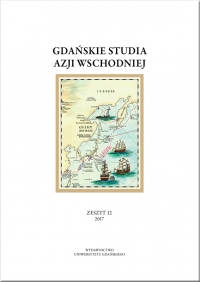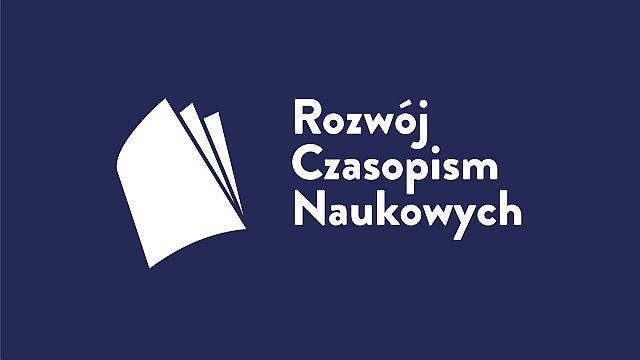Wizja Chińskiej Republiki Ludowej w utworach Tadeusza Różewicza "Sen kwiatu, serce smoka", "Dwa skoki i już Pekin", "Przelot" i "W drodze"
Abstrakt
Tadeusz Różewicz, a 20th-century Polish poet, travelled to China in 1958. He wrote several prosaic texts about this travel and about his impression of China: “Sen kwiatu, serce smoka”, “Dwa skoki i już Pekin”, “Przelot” and “W drodze”. He sees stewardesses as actresses in a kind of theatre, he thinks about the psychical condition of a humans on the board of a plane. He writes about European and Chinese part of Shanghai’s identity, about Chinese characters’ meaning, about Chinese people and their Four Pests Campaign. An important part is the description of a Four Pests Exhibition. The poet sees China as a different world and he knows that many facts have been hidden.
Downloads
Bibliografia
W. Britaniszski, Poezja Różewicza [w:] Rzeczpospolita poetów. Szkice i eseje, tłum. J. Głażewski, Warszawa 2010.
M. Porębski, Wstęp do metakrytyki [w:] Pożegnanie z krytyką, Kraków 1966.
T. Różewicz,Przelot [w:] Margines, ale…, Wrocław 2010.
T. Różewicz, Sen kwiatu, serce smoka [w:] Proza, t. 2, Wrocław 2004.
D. Guo, Wushi nian liuxing ciyu (1949–1999), Jinan 1999.
S. Dong,Shanghai: The Rise and Fall of a Decadent City, New York 2000.
L.T. Chang, Złote czasy w złotej klatce, „National Geographic” 2014, nr 5 (104).
K. Pospiszil, „Widziałem uśmiechnięte twarze”, czyli puste marginesy mowy. Słów kilka o podróżach Tadeusza Różewicza po Chinach [w:] Różewicz: Dodawanie, red. E. Bartos, M. Cuber, Katowice 2012, dostępne online: http://www.ojkologia.us.edu.pl/artykuly/235/widzialem-usmiechniete-twarze-czyli-puste-marginesy-mowy-slow-kilka-o-podrozach-tadeusza-rozewicza-po-chinach/ (dostęp: 22.05.2017).

 Uniwersyteckie Czasopisma Naukowe
Uniwersyteckie Czasopisma Naukowe





